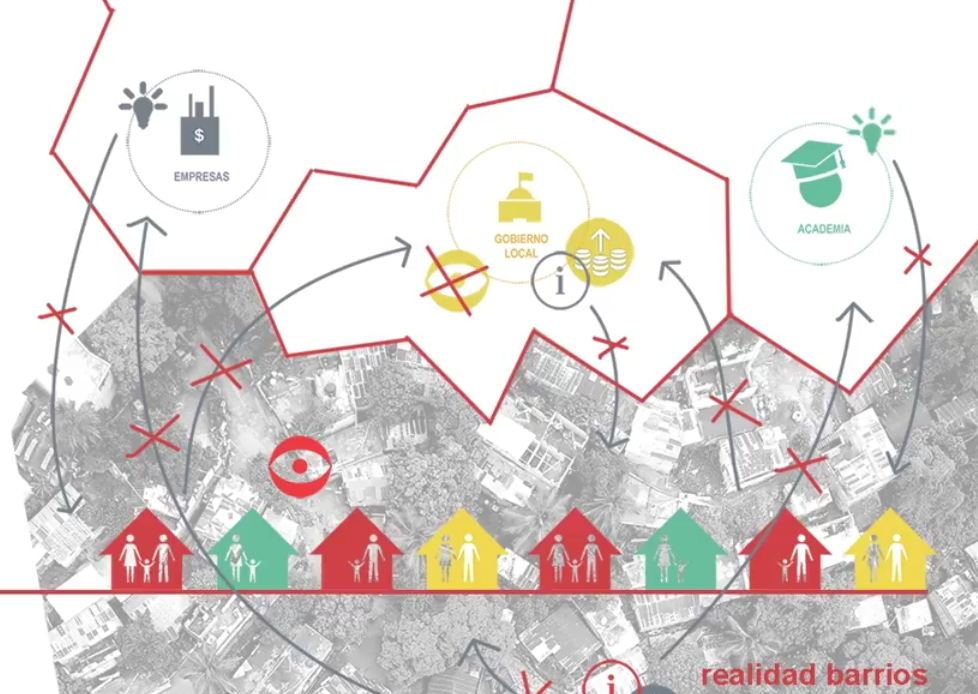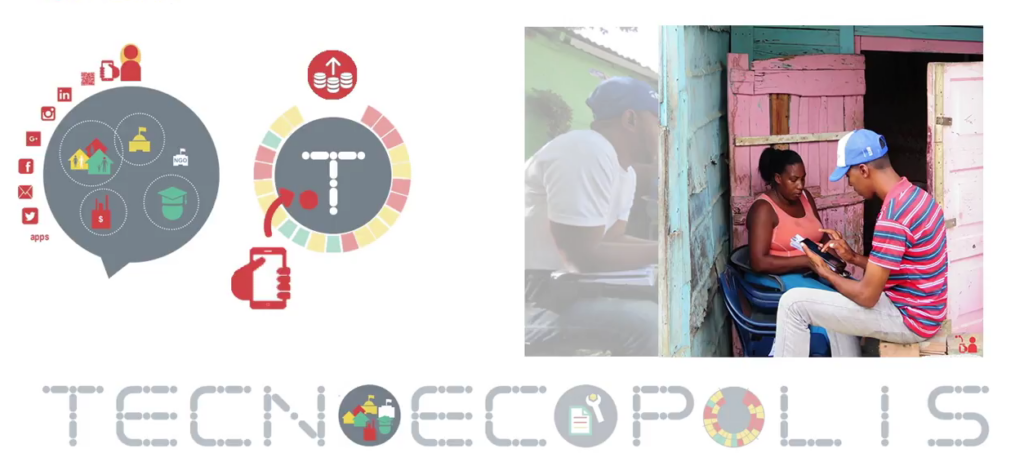
In the realm of contemporary urban planning, addressing complexity is no longer just a pursuit—it’s a necessity. Urban landscapes, ever amorphous and diverse, demand a departure from traditional notions of the “urban.” Welcome to the era of TECNOECOPOLIS, where we witness a collective construction of “multidimensional” digitally scaled environments—a far cry from the crude speculation of archaic city construction.
Gone are the days when we could categorize cities with simplistic labels. The digital age has brought about a fundamental shift, with the virtual realm supplanting traditional concrete landscapes. This transformation underscores the need to acknowledge and adapt to new paradigms:
- “Here and Now” Dimension: The concept of ‘here’ no longer stands independently; the present is all-encompassing.
- Threats and Vulnerabilities: New challenges necessitate a reevaluation of traditional safety measures.
- Digital and Face-to-Face Identity: The integration of digital and physical identities is an imperative.
- Datatology and Networks: The data-driven nature of our world demands strategic network integration.
- Collectivity and Community: Community dynamics are evolving in the digital age.
- Systems Theory and Disruptive Thinking: Traditional approaches need to embrace a more dynamic, disruptive perspective.
- Dialogic Learning and “Multiple” Identities: Learning and identity are now dynamic, diverse, and dialogic.
From our vantage point, we advocate for a scientific approach—a real-time, systemic intervention in highly vulnerable, degraded urban fabrics. This approach materializes the semantic heterogeneity of collective experiences, addressing a reality unfolding in a multidimensional space where connections are myriad, diverse in intensity, magnitude, and frequency. The real world is inherently inclined towards disorder and chaos rather than cosmos.
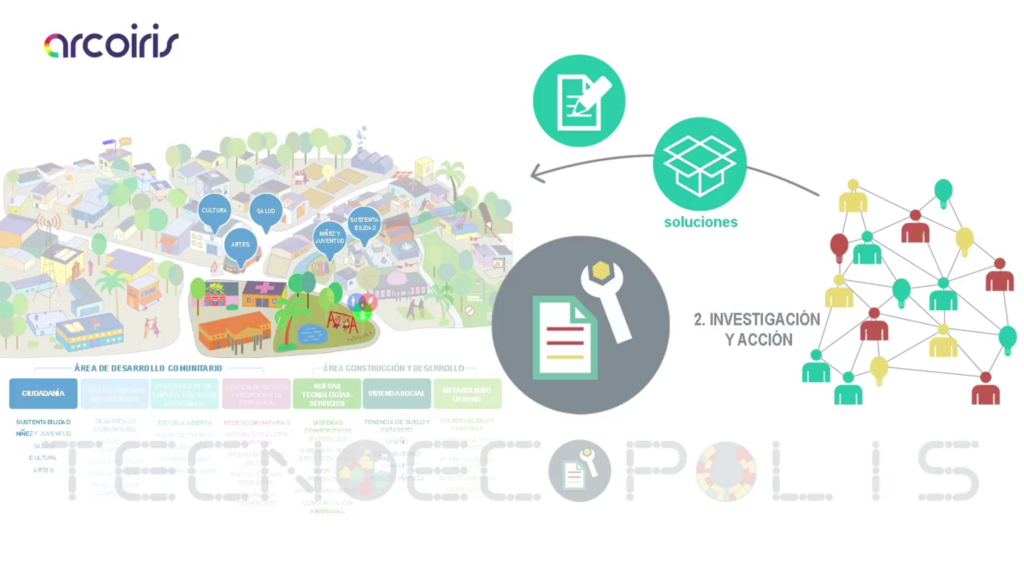
After years of intervention and reflection, one thing is evident: traditional spaces won’t revert. The needs of contemporary society are distinctly different. In the virtual metapolis of today, movements and interactions no longer conform to geometric lines. The city is now characterized by the instantaneous transmission of information, with matter offering minimal resistance.
In this evolving urban landscape, the traditional concepts of real-time urbanization and the possibility of a virtual city are being questioned. As we grapple with these changes, we ask, “Is there still a conceivable path when ‘place’ is lost?” The model of our world, post the information age, resembles Babel—a symbol of our fragmented reality. It’s a megacity, a metaphorical Babel, and Babel is akin to a civil war.
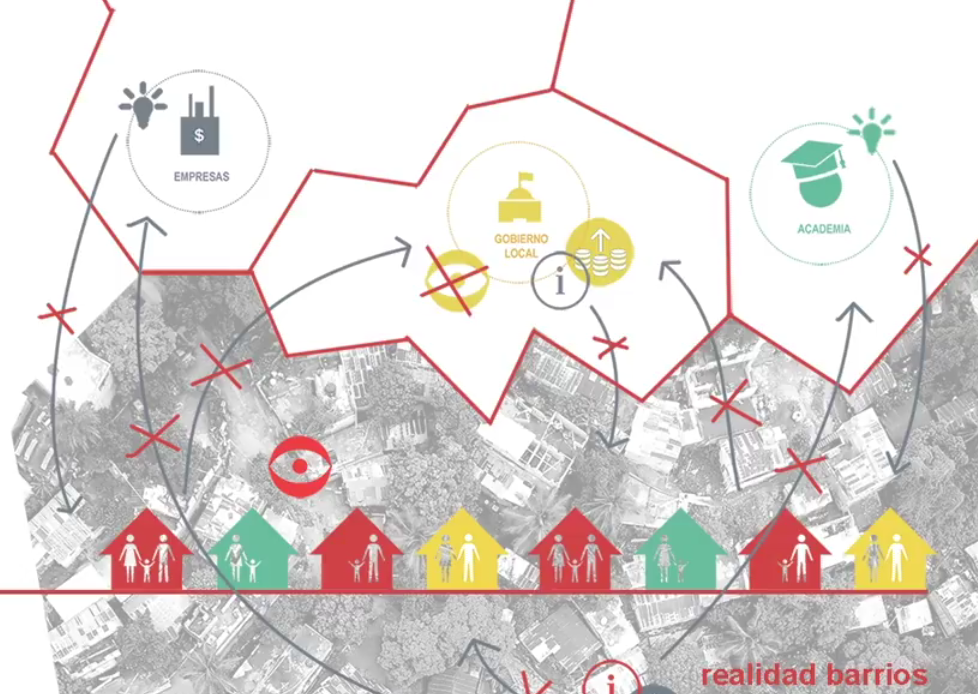
As we navigate this paradigm shift, it’s imperative to cherish language and meaningful conversations. Virilio aptly emphasizes that the foundation of love lies in words, and the erosion of otherness begins with the loss of speech. In our modern spectacle-driven society, where media dominates, preserving language and authentic communication becomes a formidable challenge.
Our quest is ongoing—we seek a means of communication, a knowledge production mechanism that hybridizes the physical and the virtual. It should celebrate materiality and its relocation, empowering users to rebuild neighborhoods, communities, and, consequently, citizenship. We aim to invent new modes of relationships and collaborations between inhabitants, turning them into active agents of the interface in this new space-time condition we term “glocal” — an existence in both local and global dimensions simultaneously.
In this rapidly evolving digital landscape, TECNOECOPOLIS offers a glimpse into the future—a future where dynamic, multidimensional urbanity meets the complex fabric of our lives, paving the way for innovative and sustainable solutions in urban planning and design.
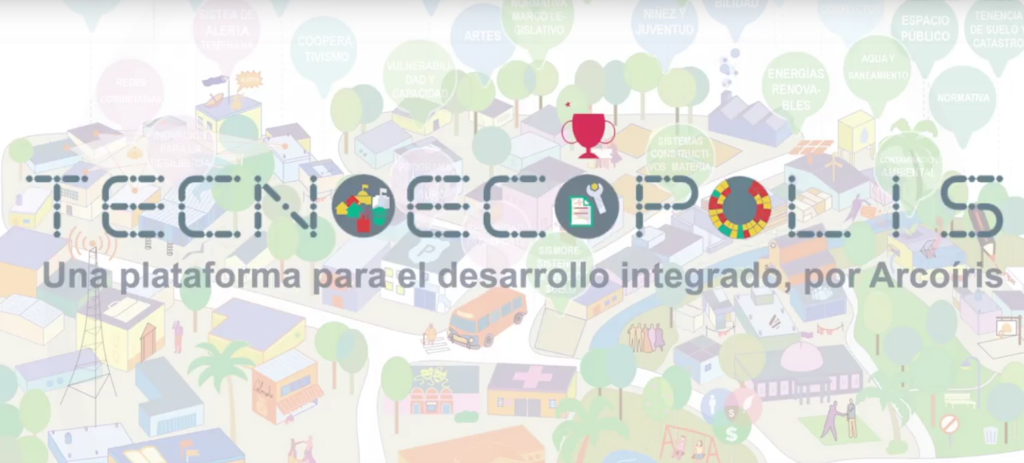
Haina, Dominican Republic, May 19, 2020

